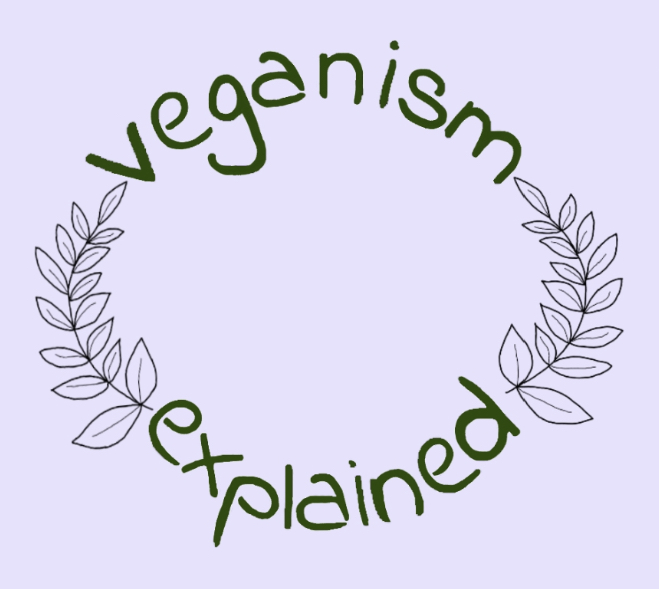If you live in the United States, you probably think of the 4th of July as a fun-filled day of swimming, beer, and fireworks. Sadly, this day of fun for us is a nightmare for wildlife and the planet.
Wildlife
Those of us with companion animals may notice that our animals show signs of fear and anxiety when they hear fireworks. In fact, research has found that three-quarters of companion animals are afraid of fireworks. Unfortunately, our companion animals are not alone in this: wildlife, often without roofs over their heads and guardians nearby, are terrified of fireworks. The sounds of fireworks, which are often loud enough to damage human eardrums, cause an increase in stress hormones in wild animals—even those that live in cities! One study found that the sound of fireworks “often produced strong reactions and even panic.” The sounds are especially frightening because they are unpredictable. Unlike a thunderstorm, there are no warning signs to wildlife to indicate when fireworks will be set off.
Exposure to loud noises can also cause long-term issues for animals. Some animals exposed to loud noises have physical health issues. Further, animals make associations between fireworks and the environments in which fireworks typically occur, and they can thereby become afraid of the smell of fireworks and even afraid of nighttime. It is known that fireworks often drive wildlife away from their habitats. Afraid for their lives, birds will often jump out of their nests even if they’re too young to fly.
Pollution
Fireworks release numerous toxins into the air. These toxins are known to negatively affect air quality and are harmful for both humans and nonhuman animals to inhale. Perchlorates, a type of chemical released by fireworks, are especially harmful to the environment. They are water-soluble, so when they end up in bodies of water, they are ingested by marine life and taken up by plants. Animals who eat these plants also ingest the perchlorates. This ingestion is detrimental to animals’ health, including their developmental and reproductive health.
Heavy metals are also released by fireworks, and they end up in the air as well as soil and water. Inhalation of these metals has negative health effects. They also negatively affect plants and animals.
Fireworks alternatives
If you want to celebrate July 4th without the pollution and fear components, there are lots of ways to do so. Some options that can replace fireworks are laser shows, confetti cannons, string lights, and eco-friendly glow sticks (although even regular glow sticks are still better than fireworks!). If these aren’t your thing, try grilling up some Impossible burgers! I like to take them to the nearby river and eat them with egregious amounts of watermelon. Cornhole is another great option, as well as popsicles and blowing bubbles if you’ve got little ones to entertain!
It’s easy to have a fun holiday celebration without hurting and scaring those around us. Skip that Walmart trip for fireworks and opt for compassionate, eco-friendly alternatives. Happy 4th!



Leave a comment